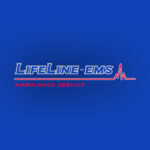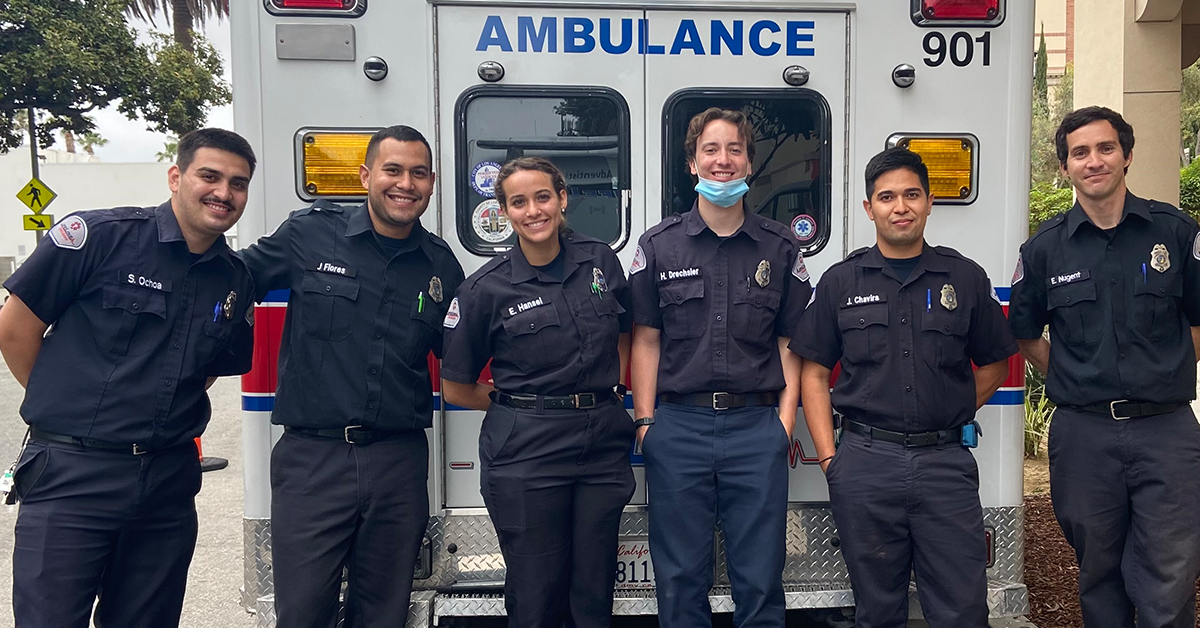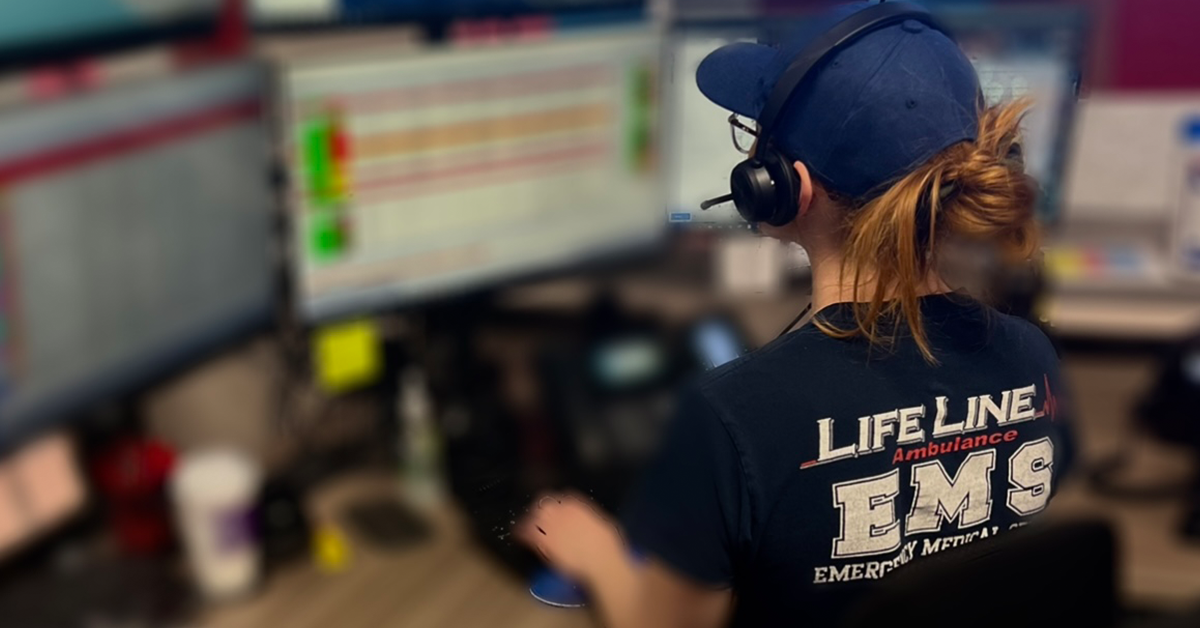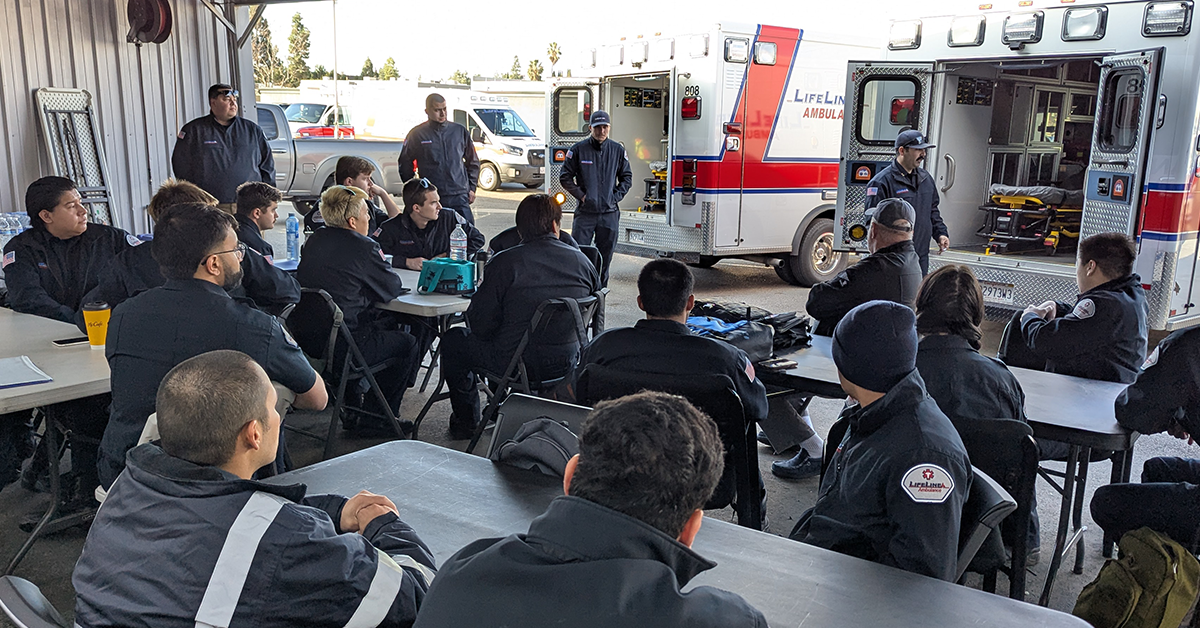Experience in Emergency Medical Services (EMS) provides a unique foundation for a career in healthcare, setting candidates apart with hands-on clinical skills, problem-solving abilities, and resilience under pressure. Whether you’re aiming to advance within EMS or transition to another role in healthcare, your EMS background is a valuable asset to employers. In regions like Los Angeles and Southern California, where healthcare is rapidly evolving, EMS experience is especially prized for the adaptability, patient care skills, and quick decision-making it imparts.
1. Practical Patient Care Skills
In EMS, patient care goes beyond theory. EMS professionals provide hands-on, real-time medical care in high-stress environments. From performing CPR to administering medications, EMS providers are trained to handle a wide range of medical scenarios. These practical skills translate directly to patient care in hospitals, clinics, and other healthcare settings.
How to Highlight This on Your Resume: Emphasize specific patient care skills, such as “Performed advanced airway management” or “Provided basic and advanced life support to patients in pre-hospital settings.” Using quantifiable metrics, like the number of patients treated, can further illustrate your experience to potential employers.
2. Critical Thinking and Problem-Solving Abilities
EMS professionals are adept at making fast, accurate decisions in unpredictable situations. With minimal resources, they assess a patient’s condition, determine treatment priorities, and adapt to rapidly changing circumstances. This critical thinking ability is highly sought after in healthcare, where decisions can significantly impact patient outcomes.
How to Highlight This on Your Resume: Use bullet points that showcase problem-solving instances, such as “Quickly assessed and prioritized care for multiple patients in a high-pressure scenario” or “Adapted treatment plans based on evolving conditions in transit.” These examples illustrate your capability to think on your feet.
3. Resilience and Adaptability
The ability to work under intense pressure is one of the hallmarks of EMS professionals. Responding to emergencies requires a level of resilience that’s beneficial in any healthcare setting, particularly in Los Angeles and Southern California, where EMS responders face unique challenges, such as high population density and traffic congestion.
How to Highlight This on Your Resume: Focus on experiences that demonstrate your resilience, such as “Maintained composure while providing care in high-stress, emergency situations” or “Adapted to various patient environments, from accident scenes to natural disasters.” Employers will recognize the level of dedication and perseverance required to thrive in EMS.
4. Leadership and Teamwork Skills
In EMS, teamwork is essential for effective patient care. EMS professionals work closely with other emergency responders, including firefighters, police, and hospital staff. Often, they take on leadership roles within their teams, coordinating care and ensuring efficient patient transport. This collaborative experience is invaluable in healthcare, where teamwork is vital to patient safety and care continuity.
How to Highlight This on Your Resume: Showcase your teamwork and leadership experience with phrases like “Led a team of first responders in multi-vehicle accident response” or “Collaborated with hospital staff to ensure seamless patient handoff and continuity of care.” These examples emphasize your ability to work well in teams and lead others in high-pressure situations.
5. Strong Communication Skills
Effective communication is a cornerstone of EMS, as responders must communicate clearly and concisely with patients, their families, and other medical personnel. In Southern California’s diverse communities, EMS providers also develop skills in cultural competence, ensuring they can address patient needs respectfully and appropriately.
How to Highlight This on Your Resume: Mention your experience with patient communication, such as “Educated patients and families on care procedures during emergencies” or “Communicated effectively with a diverse patient population.” Demonstrating your ability to convey information under stress shows that you’re well-prepared for healthcare settings requiring clear, empathetic communication.
6. Medical Documentation and Record-Keeping
Accurate medical documentation is a critical skill in EMS, where responders must document patient status, treatments, and changes during transport. This experience is highly transferable to other healthcare roles that require meticulous record-keeping, such as nursing, medical assisting, or hospital administration.
How to Highlight This on Your Resume: Use phrases like “Completed thorough, accurate medical documentation during emergency response” or “Maintained detailed patient records to ensure continuity of care during hospital handoff.” This highlights your attention to detail and commitment to accurate record-keeping, which is essential in healthcare.
7. Lifelong Learning and Professional Development
EMS professionals are required to stay updated on the latest medical protocols and often pursue continuing education in advanced life support techniques, trauma care, and other specialties. This dedication to ongoing education demonstrates a commitment to professional growth, which is highly valued in healthcare settings that prioritize continuous improvement and quality care.
How to Highlight This on Your Resume: List any certifications, such as CPR, ACLS (Advanced Cardiovascular Life Support), or PHTLS (Pre-Hospital Trauma Life Support), and mention any additional training you have completed. Employers will see this as a testament to your dedication and adaptability.
8. Specialized Knowledge of Emergency Medicine
EMS providers have specialized knowledge in trauma care, cardiac emergencies, respiratory distress, and other urgent medical issues. This expertise makes them uniquely qualified for emergency room positions, critical care roles, and urgent care clinics, where quick thinking and specialized knowledge are essential.
How to Highlight This on Your Resume: Describe specific areas of expertise, such as “Experienced in trauma management and emergency care for cardiac and respiratory conditions.” Tailoring these details to match the job you’re applying for will show employers that your EMS background aligns with the specialized knowledge they require.
9. Adaptability to Diverse Work Environments
From accident scenes to natural disasters, EMS professionals operate in a variety of unpredictable settings. This adaptability is an asset in healthcare, especially in places like Los Angeles, where hospitals, clinics, and other facilities encounter a wide range of patient needs and situations. EMS experience prepares professionals to adapt to diverse working environments and patient populations seamlessly.
How to Highlight This on Your Resume: Include statements like “Adapted care practices based on varied environments, from roadside emergencies to confined spaces.” This demonstrates your flexibility and willingness to work in different settings.
10. Commitment to Patient Advocacy
In EMS, the welfare of the patient is always the top priority. EMS providers are trained to prioritize patient advocacy, ensuring that each individual receives the best possible care, regardless of their situation. This dedication to patient-centered care is a desirable trait in healthcare, where advocacy plays a critical role in patient outcomes.
How to Highlight This on Your Resume: Mention specific instances where you acted as an advocate for patients, such as “Ensured patient safety and comfort during transit to hospital” or “Provided compassionate support to patients and families in high-stress situations.” This shows employers that you’re committed to prioritizing patients’ needs.
Tailoring Your EMS Experience for Healthcare Positions
When applying to healthcare roles, tailoring your EMS experience to match the specific requirements of each job is essential. Research each position and highlight the EMS skills that directly align with the job description. In Los Angeles and Southern California, where healthcare systems demand resilience and adaptability, showcasing your EMS background can position you as an asset to employers looking for candidates with proven, real-world experience in handling complex medical situations.
Suggested Resume Format:
- Summary – Briefly summarize your EMS experience, highlighting how it makes you a strong fit for the healthcare field.
- Key Skills – List transferable skills such as critical thinking, patient care, teamwork, and communication.
- Professional Experience – Detail your EMS experience, emphasizing accomplishments that align with healthcare job requirements.
- Certifications and Education – Include any certifications relevant to healthcare, such as BLS, ACLS, or PALS.
Keep Reading
Want more? Here are some other blog posts you might be interested in.
In the high-stakes world of emergency medical services, clear and effective communication can mean the difference between life and death. EMS professionals...
Emergency Medical Services is an ever-evolving field that requires constant learning and adaptation. With medical advancements, technological innovations, and increasing public health...
Emergency Medical Services s a high-stress, physically demanding profession that requires dedication, quick decision-making, and resilience. While the rewards of saving lives...






